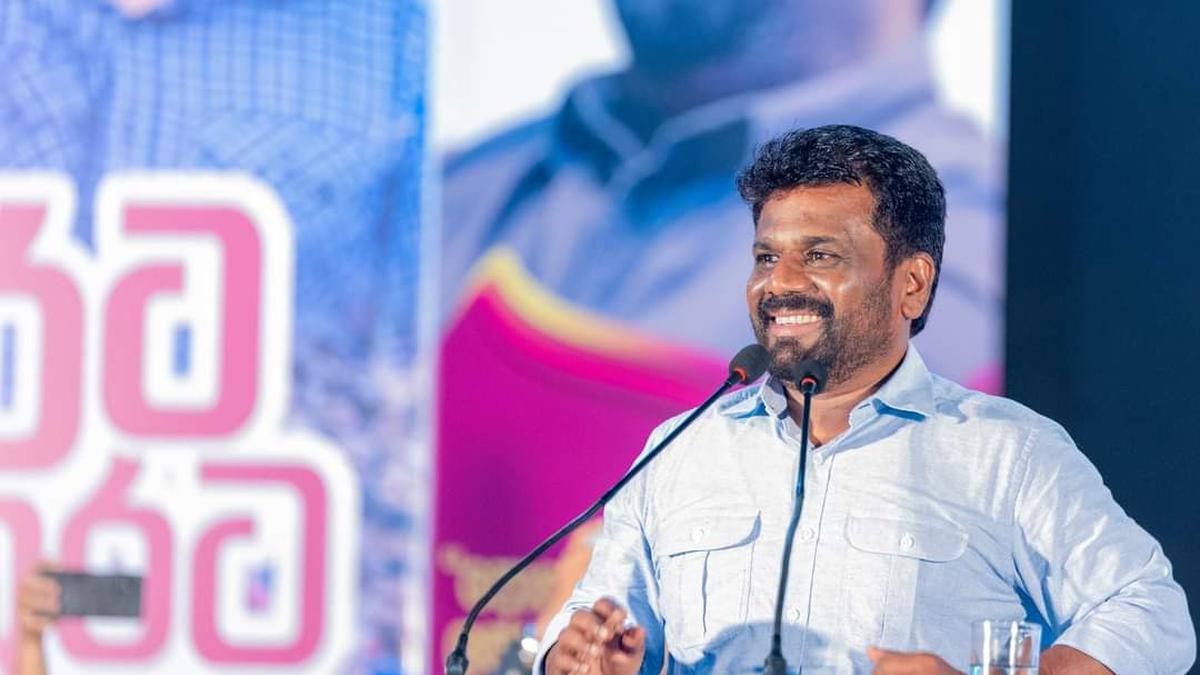Sri Lanka’s capital market is bracing for a cautious approach as it awaits President-elect Anura Kumara Dissanayake’s inaugural speech, with investors eager for insights into the future policy direction under his leadership. While a “wait-and-see” sentiment prevails, there is a hint of short-term optimism, as analysts believe Dissanayake’s leftist victory has already been factored into the market.
First Capital Chief Research & Strategy Officer Dimantha Mathew noted that the stock market is likely to remain in a holding pattern until further information becomes available. “Investors are adopting a wait-and-see approach in equities tomorrow, but with some optimism. Conversely, the bond market is expected to remain dull,” he remarked.
Mathew also pointed out that the trend of institutional and high-net-worth investors driving market gains is likely to continue, heavily dependent on the signals in Dissanayake’s first statement. Investors are particularly focused on how his inaugural address will outline the new government’s policy direction.
Key factors influencing future market movements include the upcoming fourth review of Sri Lanka’s IMF programme and the administration’s stance on external debt restructuring (EDR). Depending on negotiations, the IMF may grant additional time for EDR completion, potentially pushing this process to the next IMF review, thus allowing the new government extra time to secure the fourth tranche of IMF funding.
Raynal Wickremeratne, Co-Head of Research at Softlogic Stockbrokers, expressed cautious optimism, noting that the market had already anticipated the likelihood of Dissanayake’s National People’s Power (NPP) party coming to power, reflected in market activities leading up to the election.
Recent buying interest from institutional and high-net-worth investors has driven an upward trend. However, Wickremeratne emphasized the significance of Dissanayake’s inaugural speech in shaping future market trends. He pointed out that many of Dissanayake’s proposals are expenditure-driven, making the financing of these measures a crucial aspect to watch, particularly in relation to the interim budget.
Additionally, the upcoming monetary policy review is expected to provide early indications of how the new administration plans to handle policy interventions. Wickremeratne cautioned that while a revised Debt Sustainability Analysis (DSA) could offer some fiscal relief, the IMF’s endorsement is not guaranteed and adjustments could have significant ripple effects on the market.
Meanwhile, Mathew noted that recent comments from Central Bank Governor Nandalal Weerasinghe, confirming his intention to remain in office, have provided some reassurance to investors.


